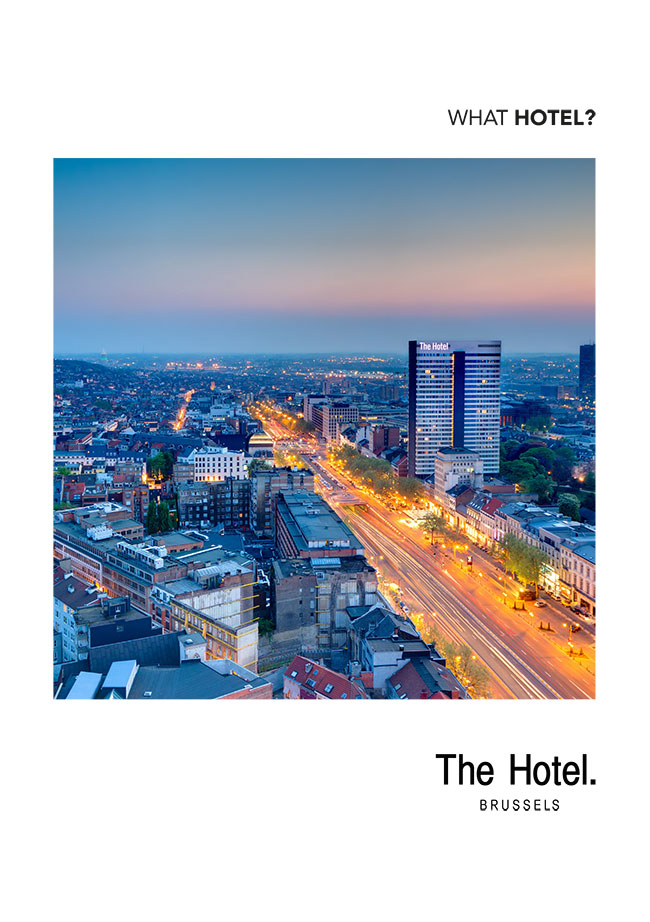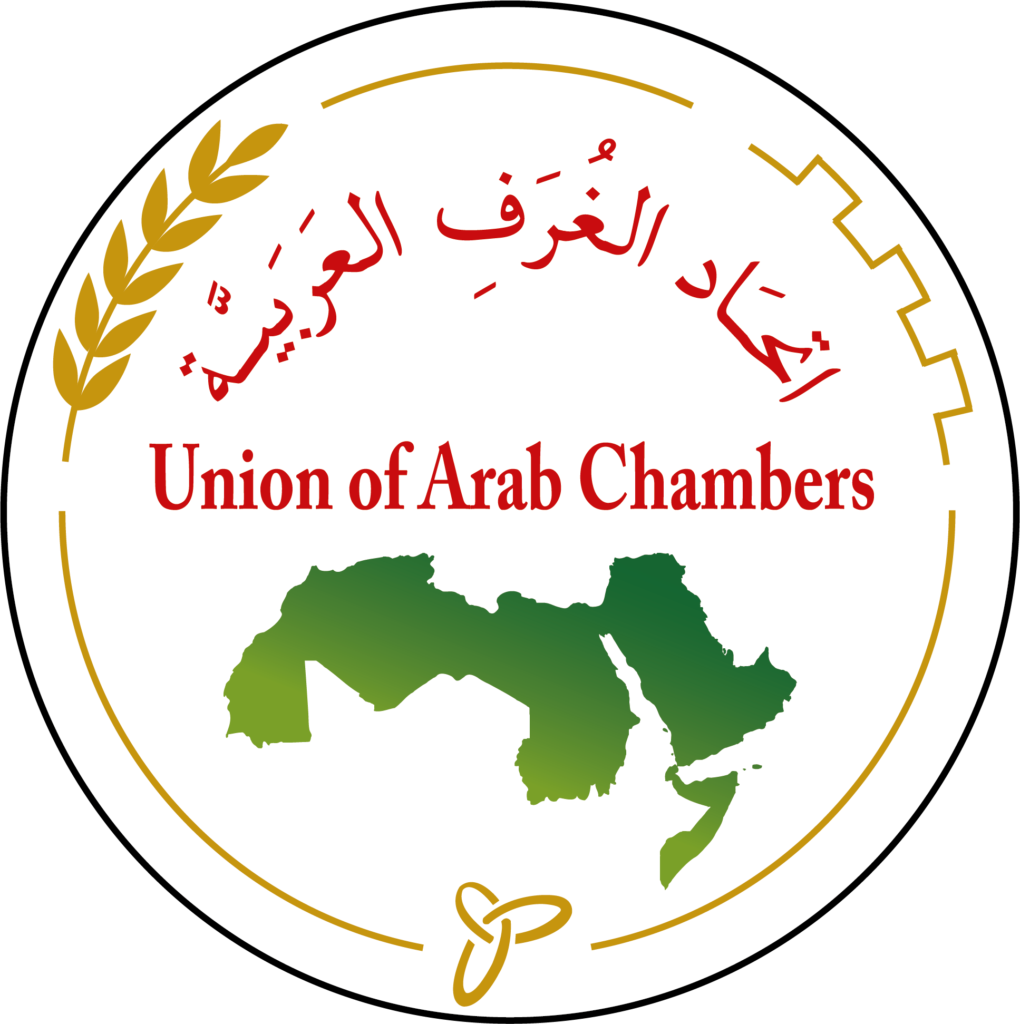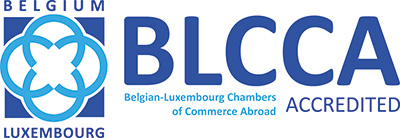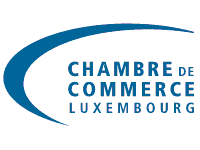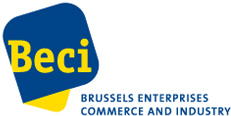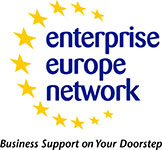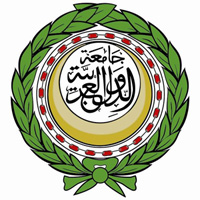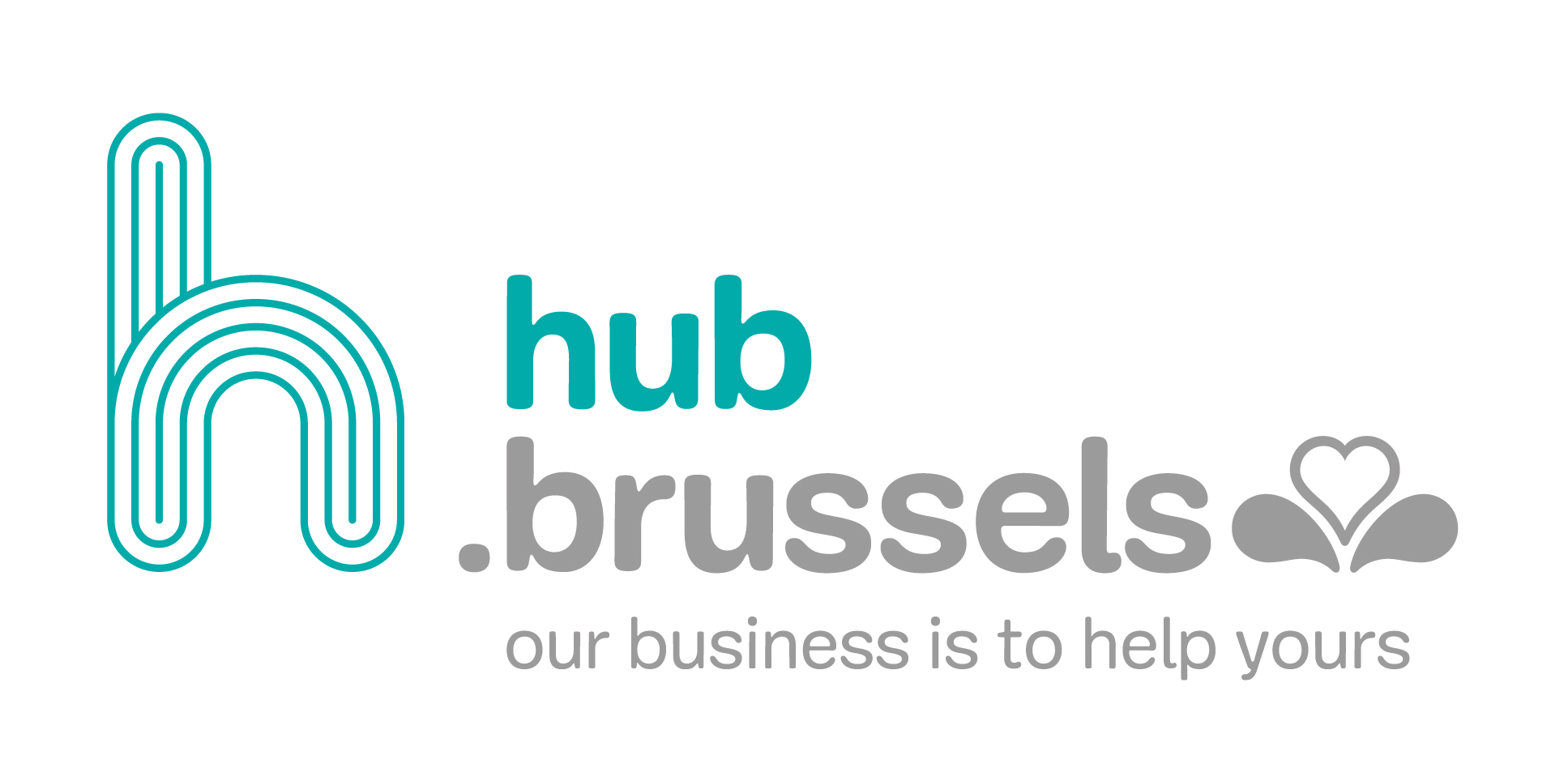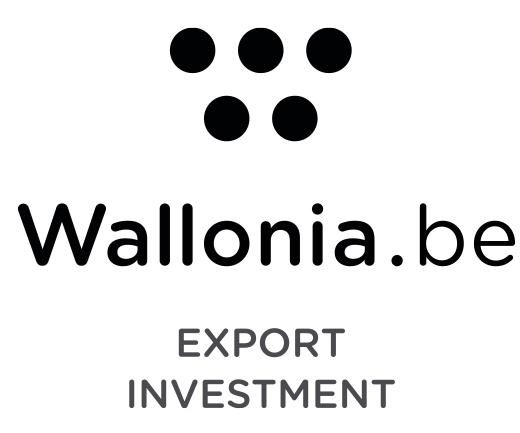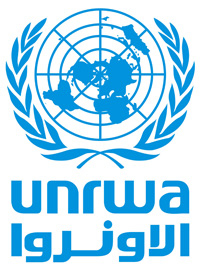Newsletter March 2019
Exclusive Interview with His Excellency Al Budaiwi, Ambassador of Kuwait to Belgium

Kuwait, which enjoys a strategic geographical location is a country embarking on the road to a prosperous future with the launch of the New Kuwait Vision 2035.
On the occasion of the visit a Belgian Business Mission organized by FIT, Awex, and hub.brussels to the State of Kuwait beginning of March 2019, the Arab-Belgian-Luxembourg Chamber of Commerce seized the opportunity to conduct an exclusive interview with His Excellency Al Budaiwi.
Indeed, we wanted to give our readers a clear picture about the changing business environment in the country and opportunities that lay ahead for Belgian and Luxembourg companies.
First of all, could you elaborate on the relationship between Kuwait and the EU, and more precisely with Belgium and Luxembourg, both at the economic and social level?
With the Kingdom of Belgium, the State of Kuwait is primarily focused on its bilateral relationship and increasing cooperation in all aspects and fields. We share a close, historic, and friendly relationship with Belgium and cooperate on a lot of international issues. Currently, Belgium and Kuwait share membership on the United Nations Security Council and this has only deepened our cooperation on a broad range of international issues. On the economic sector, a delegation of Belgian businesspeople recently visited Kuwait on a mission to boost mutual investment and cooperation between our two countries. There are investments in all of Belgium’s cities from the Kuwait Petroleum International and there are lots of investments by Kuwaiti businessmen in the Belgian real estate sector. The Embassy believes that the future between Belgium and Kuwait is full of opportunities for further investment and the exchange of goods.
Did you know?
• The highest currency in the world is none other than Kuwaiti Dinar or KWD
• Commercial export of crude oil began in 1946
• Failaka Island, which history dates back to the early stone age, is considered the most beautiful of Kuwait’s Islands.
• Nearly 98% of the population in Kuwait is urbanized, and about 83% of the total population resides in the capital, Kuwait City.
• Major cities are the capital, Kuwait City, together with Jahrah, while the main residential and business areas are Salmiya and Hawalli and the main industrial area is Shuwaikh.
• The official language is Arabic. However, English is also widely used as a business language.
• Established in 1905, the Antwerp blending plant is at the heart of q8 oils’ European operations.
• Since early May 2014, Kuwait Petroleum International has opened its first highway site in Capellen, Luxembourg. This is Q8’s largest site ever as well as the third largest site worldwide
The State of Kuwait and the Grand Duchy of Luxembourg cooperate on a broad range of economic issues. Q8, the international subsidiary of the Kuwait Petroleum Corporation, owns and operates the third largest gas station in the world which is located in Luxembourg. Kuwait and Luxembourg have signed a number of economic and technical agreements focusing on boosting cooperation and investment between our two countries. I am also pleased to announce that Kuwait and Luxembourg are embarking on a double taxation treaty to further boost economic cooperation.
The European Union and the State of Kuwait cooperate on a broad range of issues as we share the same set of core principles and values. Most notably together we have co-chaired a number of humanitarian conferences promoting aid and reconstruction in Iraq and Syria and supporting the plight of the Rohingya people. In the past few years the friendly relations and cooperation between the EU and Kuwait has only deepened with the signing of the Cooperation Agreement, the recent Senior Officials’ Meeting, and the upcoming opening of the EU delegation in Kuwait.
How would you describe the Kuwaiti Market? What are its main assets?
The Kuwaiti market is at its core stable, open, competitive, and always growing.
Kuwait has advanced to the 54th position in the annual report of the 2018 Global Competitiveness Index, published by the World Economic Forum. Kuwait scored extremely well in macroeconomic stability and has shown improvement in the indices of judicial independence, press freedom, reduction of burdens of government regulations that negatively affect economic competitiveness.
In the banking sector Kuwaiti banks are expected to post higher annual earnings in 2019 driven by more lending as the government presses ahead with project spending and consumer confidence improves. The banking sector posted its strongest earnings growth among our Arabian Gulf peers with a 19 per cent increase in the first nine months of the year.
Our main assets can be found though the Kuwait Investment Authority (KIA) the world’s first, oldest, and fifth largest with a value exceeding $600 billion. Kuwait uses these funds to invest in its future generations and assist in diversifying the economy.
Foreign direct investment is seen as key to the economic diversification plans outlined in the Kuwait Vision 2035 roadmap. Indeed, a law on foreign investment, enacted in 2013, was implemented in 2015. Could you give us an insight of the advantages that Kuwait has introduced in an effort to facilitate and encourage foreign investment?
Kuwait, under the Kuwait Vision 2035, has already begun facilitating and encouraging foreign investment. The Kuwait Vision 2035 aims to transform the country into a world class financial and commercial center. Kuwait has sought to encourage additional foreign investment in the country through the Kuwait Direct Investment Promotion Authority (KDIPA) which provides all the information prospective investors may need. Kuwait boasts a strategic location, open market economy, stable government, sound banking system and is in the process of major development projects.
One of the major development projects currently in the works is the Madinat al-Hareer or Silk City. Kuwait’s Silk City has plans to develop a state-of-the-art port, environmental areas, conference areas, a business center, a new airport, and concentrate on health, education, tourism, and industry. Upon completion the Silk City project is projected to include housing for over 700,000 people and create over 450,000 new jobs. Kuwait is also investing heavily in renewable energy in fact the first phase of the Al-Shagaya Renewable Energy Project was recently inaugurated. This complex includes 70 megawatts of power generated from solar, wind, thermal, and electro optic resources. Kuwait has set aside 630,000 square meters of land for establishing solar energy facilities.
In your opinion, what could be done to bring in more Belgian/Luxembourg investments in Kuwait and what are the main sectors that hold the best opportunities for them?
A lot can be done to encourage additional Belgian and Luxembourgish investments in Kuwait. As part of the Kuwait Vision 2035, Kuwait has initiated a number of development projects that are certain to interest international investors. Additionally, boosting cooperation and trust through trade delegations, high level visits, and signing bilateral and multilateral agreements would further encourage investments. New laws and regulations in Kuwait now allow foreign investors to own 100% of the company’s capital. This will encourage more companies to enter the Kuwaiti market.
The sectors that hold the best opportunities for investment include the petrochemical sector, construction, infrastructure, and most importantly the renewable sector.
As a final question, what would be your advice to Belgian and Luxembourg companies to help them distinguish themselves from other foreign competitors in the State of Kuwait?
In order for Belgian and Luxembourgish companies to distinguish themselves from other foreign competitors in the Kuwaiti market they can follow these three points:
- a) It is important to increase communication and transparency when dealing with one another other.
- b) It is also important to understand the local culture as businesses and enterprises in Kuwait prefer to think of business dealings as more mutually beneficial agreements.
- c) Belgian and Luxembourgish companies must remain continuously engaged with Kuwait by taking part in regular dialogues, visits, and always seeking new opportunities.
The Kuwaiti market provides opportunities for investors in a number of different fields and provides a stable and fair place to conduct business.
More information on regulations, procedures and concrete investment opportunities
Visit:
- Kuwait Chamber of Commerce & Industry: http://www.kuwaitchamber.org.kw/echamber/website/index.jsp
- Kuwait Direct Investment Promotion Authority (KDIPA): https://kdipa.gov.kw/en/
- Kuwaiti General Administration of Customs: https://www.customs.gov.kw/
- Kuwait Government Online: https://www.e.gov.kw/sites/kgoEnglish/Pages/HomePage.aspx
- Kuwait Ministry of Commerce and Industry (MOCI): http://www.moci.gov.kw/
- Kuwait Ministry of Foreign Affairs: http://www.mofa.gov.kwhttps://www.kdipa.gov.kw/en/
- Economic & Commercial representation of Belgium in Kuwait: http://kuwait.invest-export.brussels/fr/




